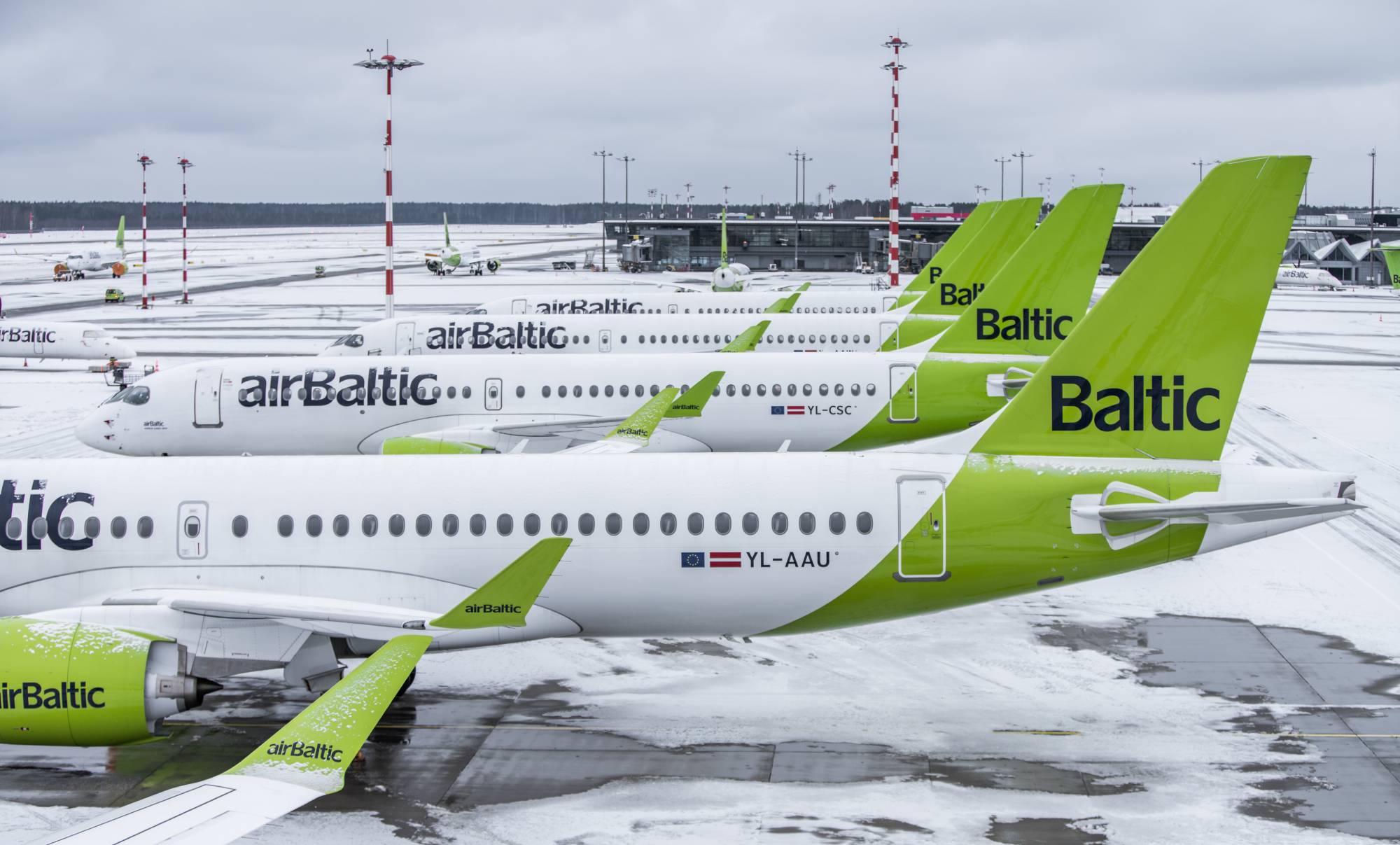Expect a Hotel Dealmaking Deluge This Year
Skift Take

Early Check-In
Editor’s Note: Skift Senior Hospitality Editor Sean O’Neill brings readers exclusive reporting and insights into hotel deals and development, and how those trends are making an impact across the travel industry.Hotel mergers and acquisitions may have been lighter than some would have expected from a downturn like the pandemic, but that’s almost certain to change this year.
Even with the rise of the Omicron variant toward the end of 2021, there is a general sense the worst of the pandemic is behind the hotel industry. Executives homed in on durable revenue streams like leisure travel and business travel from small- and medium-sized companies. That shot all the major companies to back to profitability by year’s end.
Lenders are likely to be less flexible with loan terms, and central governments are unlikely to enact more of the kind of stimulus seen over the last 21 months. That alone could spur an extraordinary level of transactions as owners have to make do with current demand levels to make ends meet. Analysts felt stimulus and lender flexibility was largely holding transaction volume back at the beginning of the pandemic.
Major dealmaking across the hotel industry in the nearly two years since the World Health Organization declared the coronavirus a pandemic has centered mainly on big-ticket properties or smaller brands. Las Vegas was home to several major sales, like the $6.25 billion sale of The Venetian and Sands Expo Center or Blackstone’s $5.6 billion deal to sell the Cosmopolitan.
Now it’s time to recalibrate for what a hotel company wants to look like on the other side of the crisis.
Companies like Accor have already made it clear they see themselves increasingly catering to more local traffic. Thus, the Paris-based hotel company joined forces with Ennismore on a standalone lifestyle hotel entity. Expect more hotel companies to make a play for these types of hotel brands that offer more in the way of bars and restaurants to draw in residents from the surrounding city.
Hyatt’s Two Roads Hospitality acquisition in 2018, which included brands like Thompson Hotels, was similarly in this vein. The fact that companies like Wyndham and IHG Hotels & Resorts each launched a boutique imprint for their respective brand portfolios signals just about everyone in the hotel industry wants the kind of properties Accor and Hyatt have been chasing.
Don’t rule out further elbowing into the all-inclusive resort space, either organically or through an outright acquisition. Marriott and Hilton are both ramping up their presence in the all-inclusive resort sector while Hyatt’s $2.7 billion Apple Leisure Group acquisition beefs up its existing all-inclusive resort portfolio.
Size Matters: Cool, hip brands may play a more important role to major hotel companies in an era of more leisure travel. But many of the publicly traded, global hotel chains also need to show shareholders they are constantly growing.
Smaller players like Sonesta International Hotels Corp. showed not every hotel company is just a sitting duck waiting to be acquired by the likes of Marriott International, Hilton, Hyatt, IHG, or Accor. The company’s $90 million acquisition of Red Lion Hotels parent company RLH Corp. made it one of the largest U.S. hotel companies in a matter of months.
The major brands weren’t left out of last year’s M&A activity. Hyatt is significantly beefing up its European presence thanks to the Apple Leisure Group takeover.
There are likely to be further deals this year to help a smaller company boost their footprint in the highly competitive U.S. market. Marriott, Hilton, and IHG accounted for nearly 70 percent of all the hotel rooms under construction in the U.S. at the end of the third quarter last year.
But a potential Motel 6 sale from Blackstone could provide a hefty lift to a company wanting to make inroads in the U.S. market at a time with the major brands have so much of the development pie. The investment group is in early planning to market the budget brand of roadside hotels to potential buyers, Bloomberg reported late last month.
A potential deal could fetch more than $1 billion. Blackstone bought Motel 6 from Accor in 2012 as part of a nearly $2 billion acquisition, which also included the hotel real estate. The investment group has since worked to transfer the brand into more of the industry standard asset-light, franchise model.
All Eyes on Resorts: Investors this year are likely to target more convention hotels and other properties geared toward group gatherings, especially in the Sun Belt and up the East and West Coasts — dubbed the “smile states” in real estate circles.
“We came up with a thesis a few years ago to target convention and large group hotels,” Sean Hehrir, principal and managing partner at Trinity Investments, said in an interview with Skift. “What Covid has really taught us and the management teams on the ground is that these are group-based hotels, but they’re phenomenal leisure hotels, too.”
Trinity Investments recently made two major Southern California acquisitions with the W Hollywood as well as the Omni San Diego. The firm already owns an Orlando resort comprised of a 582-room Ritz-Carlton and a 998-room JW Marriott as well as properties in Arizona and Hawaii.
Those recent deals arrived after an extraordinarily busy year in Las Vegas where properties like The Mirage, the Venetian, and the Cosmopolitan were all primed for a sale.
As leisure travel once again appears to have a grip on reservations systems in the new year, look for more investors pushing into resort ownership — especially as long-time owners like MGM Resorts look to pursue new revenue streams that don’t involve owning real estate.
Accor Loses Board Presence at Huazhu
A board seat appears to be a casualty of Accor’s diminishing stake in Chinese hotel company Huazhu.
Accor CEO Sebastien Bazin resigned “effective immediately” from Huazhu’s board late last month, according to a filing with the U.S. Securities and Exchange Commission. Gaurav Bhushan, CEO of Accor’s lifestyle and entertainment division and the co-CEO of the Ennismore lifestyle brand, lost his alternate director title as part of Bazin’s departure.
Accor acquired a 10.8 percent stake in Huazhu in 2016, but that figure has since dwindled to 3.3 percent.
The Paris-based hotel company declined to elaborate on Bazin’s exit from the Huazhu board.
But there has been speculation in the industry Huazhu’s decision to acquire Deutsche Hospitality in 2019 — becoming a competitor in Accor’s European backyard — put into motion the souring of the relationship between the French and Chinese partners.
Huazhu was expected to significantly expand the Steigenberger and IntercityHotel brands following the acquisition closing in early 2020, but the pandemic appears to have stunted the planned growth.




